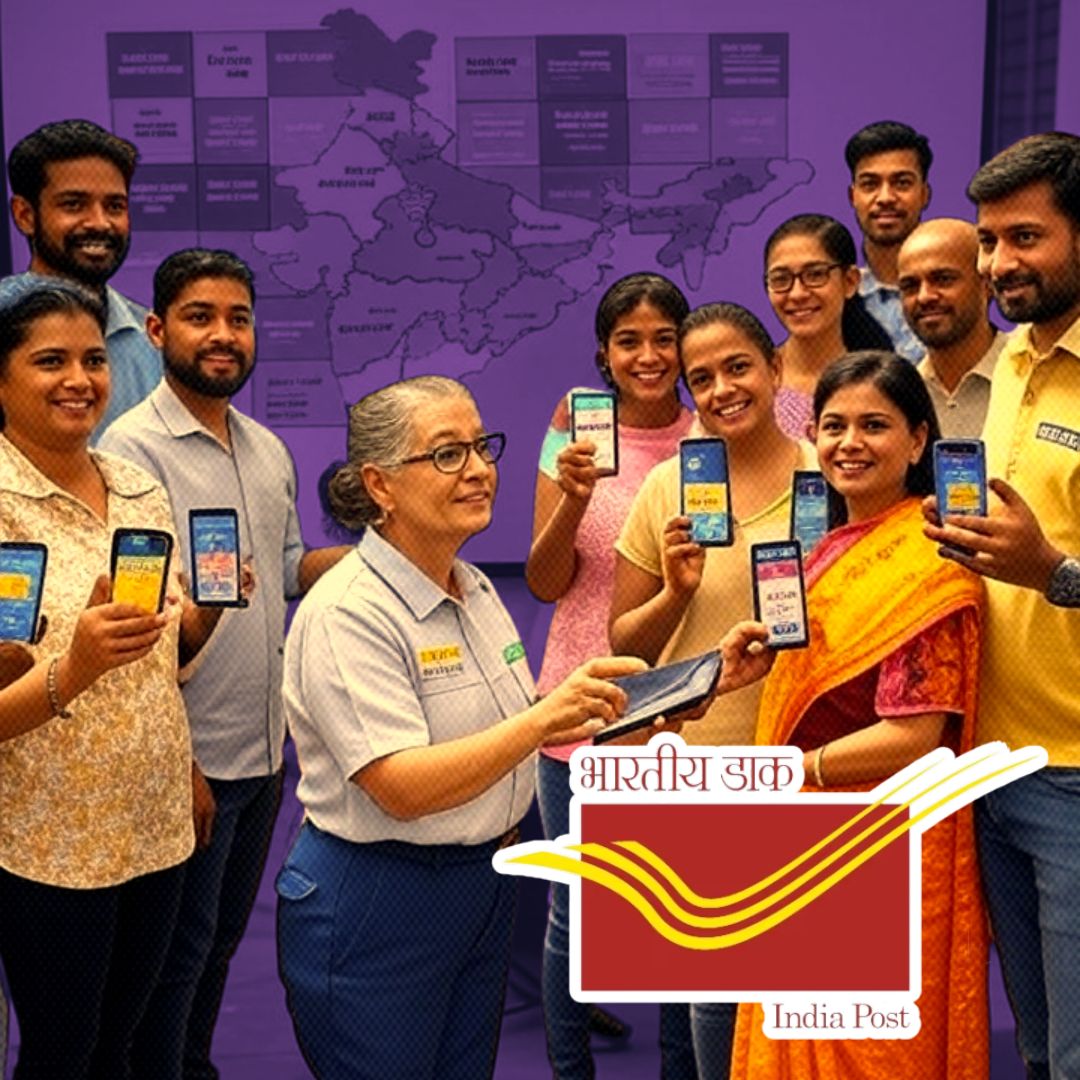India has taken a giant leap into the future of digital addressing with the launch of DIGIPIN, a revolutionary system developed jointly by the Department of Posts, IIT Hyderabad, and ISRO’s National Remote Sensing Centre. Officially unveiled on May 27, 2025, DIGIPIN assigns a unique 10-character alphanumeric code to every 4×4 metre square across the country, enabling precise location identification for homes, businesses, and remote areas.
This new system aims to complement the existing PIN code framework, significantly improving last-mile delivery, emergency response, disaster management, and public service delivery. Officials have emphasised its open-source, privacy-first design and invited citizens and organisations to participate in its ongoing development to ensure inclusivity and sustainability.
DIGIPIN: Precision Addressing for a Digital India
DIGIPIN, short for Digital Postal Index Number, represents a transformative approach to addressing in India. Unlike the traditional six-digit PIN codes that cover broad geographic areas, DIGIPIN breaks down the entire country into tiny 4×4 metre grids, each assigned a unique alphanumeric code.
This granular level of precision means that any location—be it a remote village hut, a sprawling urban apartment, or even a maritime zone—can be accurately identified. The Department of Posts has launched two interactive digital platforms, ‘Know Your DIGIPIN’ and ‘Know Your PIN Code,’ to facilitate easy access and usage by citizens, businesses, and government agencies.
During a recent review meeting, Union Minister Pemmasani Chandra Sekhar highlighted that DIGIPIN is designed not only to streamline postal and courier services but also to integrate with Digital India’s vision of a connected, efficient, and privacy-conscious governance system. He further mentioned plans to evolve DIGIPIN into a self-financing model, ensuring its long-term viability and scalability.
Addressing India’s Longstanding Challenges
India’s vast and diverse geography has long posed challenges for accurate addressing, leading to delays in deliveries, difficulties in emergency response, and inefficiencies in public service reach. Many rural and informal settlements lack formal addresses, complicating logistics and governance. DIGIPIN leverages satellite geospatial data and advanced mapping technologies developed by ISRO and IIT Hyderabad to overcome these hurdles.
By providing a precise digital address for every location, the system promises to revolutionise sectors ranging from e-commerce and postal services to disaster relief and healthcare outreach.
Importantly, the government clarified that DIGIPIN will not replace the existing PIN code system but will operate alongside it, adding a new layer of precision. The open-source nature of DIGIPIN encourages public feedback and collaboration, enabling continuous refinement based on real-world needs and experiences.
The Logical Indian’s Perspective
DIGIPIN embodies India’s commitment to harnessing technology for inclusive and empathetic progress. By bridging the digital divide and bringing even the most remote corners of the country onto the digital map, it empowers citizens and strengthens social infrastructure.
This innovation aligns with The Logical Indian’s values of kindness, harmony, and coexistence, as it fosters greater connectivity and accessibility for all.
However, the success of DIGIPIN depends on widespread awareness, adoption, and ongoing dialogue between the government, communities, and tech innovators. We invite our readers to reflect on how such precision addressing could transform their lives or communities. How can DIGIPIN be leveraged to promote social equity and improve public services in your area?












